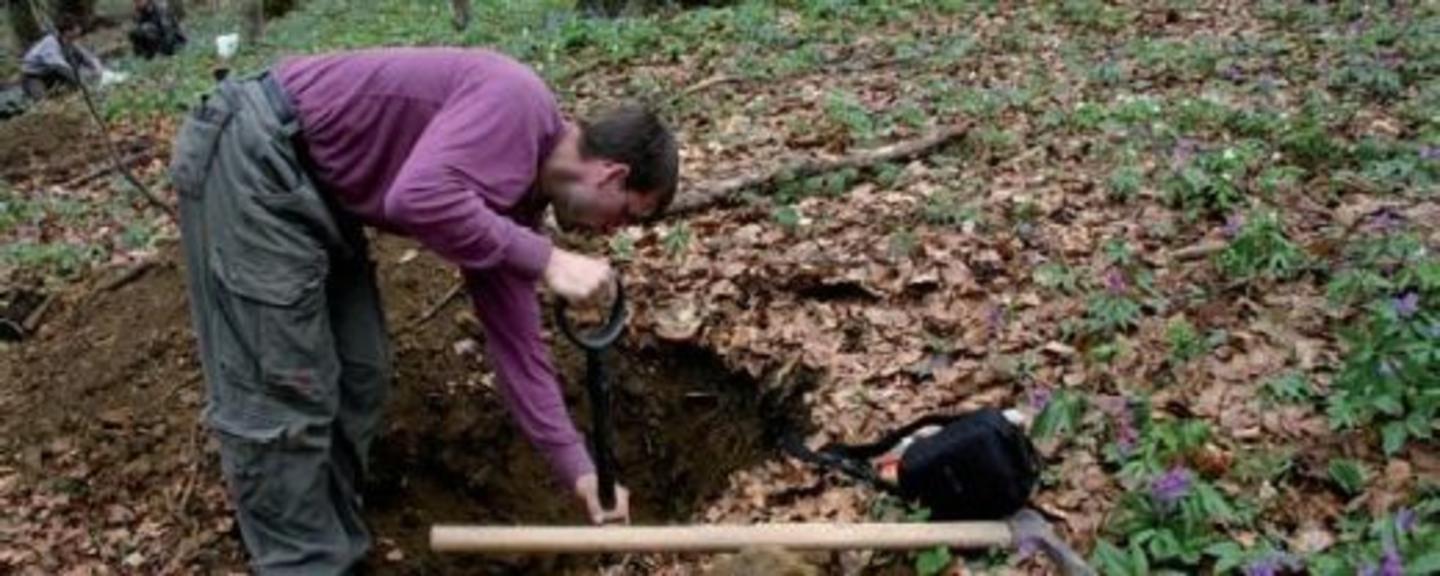The former Republic of Czechoslovakia used to be responsible for some of the most significant sulphur and nitrogen emissions in the world, leading to large-scale pollution of waters and destruction of mountain forests. Efforts to reduce emissions were first put in place in 1989, more than a decade later than in Western European countries.
Working closely with the Norwegian Institute for Water Research (NIVA), a leading research institution within the field of acidification, Dr Hruška and his research team are now monitoring and measuring the level of improvement in ecosystem conditions since the signing of the Gothenburg Protocol. Through this 1995 agreement, the Czech Republic has committed to reducing sulphur, nitrogen oxides and ammonia emissions by 2010. The Czech research team is re-sampling sites that were surveyed before the implementation of the Protocol, to determine changes in pollution levels in waters, soils and forests. Two thirds of the costs are covered by Iceland, Liechtenstein and Norway.
"It is very important to be aware of the level of acidification in order to be able to reduce emissions in the whole country effectively, as well as to contribute to negotiations post-Gothenburg", Dr Hruška said. "New negotiations have just begun, and an accurate comparison will help us determine what areas have now recovered completely, and which ones will need further reductions. Hence, we could achieve a better targeted plan to deal with sulphur and nitrogen emissions", he continued.
Two years into project implementation, the Czech Geological Survey is well on track to map the pollution levels in the Czech Republic. "We are hoping our project results will lead to effective and accurate negotiation of a new protocol for the Czech Republic once the Gothenburg protocol expires," Dr Hruška concluded.
